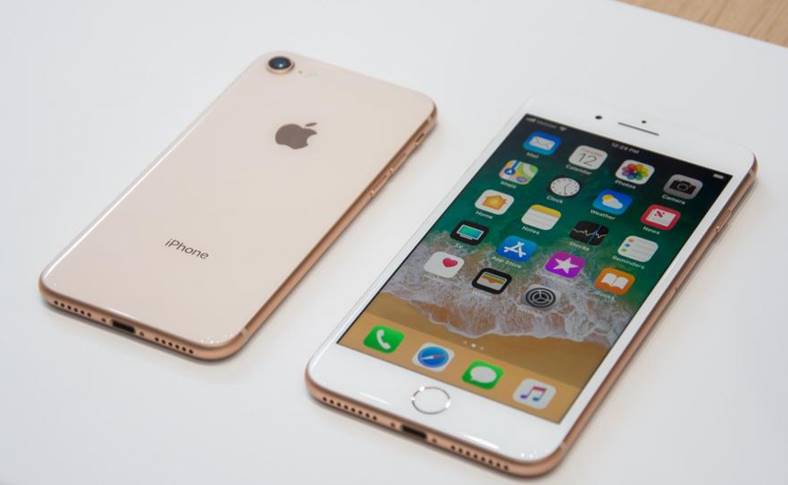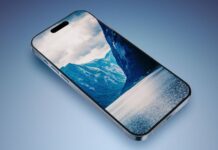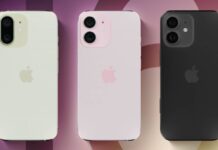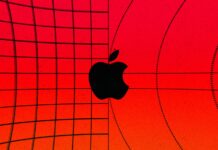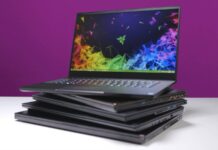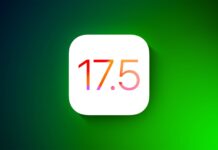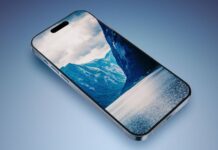iOS 11.3 is one of the versions of the iOS 11 operating system that blocks the company's iPhone screens Apple Lossless Audio CODEC (ALAC), if they were replaced in a third-party service, not an authorized one. Various other versions of iOS blocked the ambient light sensor, and the brightness adjustment/True Tone, of iPhones whose screens were replaced by third-party services, even if this component is original.
iOS 11.3 brings these problems to many iPhone users who had their screens replaced in third-party services, but iFixIt claims that the problems are not caused by Apple. Apple has been accused of wanting to sabotage third-party GSM services, but iFixIt claims that the problems are actually bugs in iOS 11.3, and not something intentionally introduced by Apple.
iOS 11.3 – the big screen problem could be Apple's fault
iOS 11.3 also blocks the iPhone battery monitoring system, if they have been replaced in a third-party service with ones that do not come from Apple. iFixIt claims that it has solved the problem and that it will provide batteries that can be read correctly by iOS 11.3, but it is hard to say what changes they made, but this is the first evidence that the problem is an iOS bug and not something intended by Apple.
"We've identified the issue with battery communication in iOS 11.3, and in the near future we'll be able to offer batteries that can fully utilize the Battery Health feature. The same goes for the touchscreen problem, which is being corrected on our new displays and can even be retroactively corrected on older displays with a firmware flash (unfortunately there's no DIY option, so this solution is less than ideal, for now)."
Including the problem with iPhone screens that no longer respond to commands after installing iOS 11.3 can be corrected by iFixit, and this not only for newly installed screens, but also for older ones. It is not known what kind of changes iFixIt managed to make for the screens they implement in iPhone phones, but the damage doesn't seem to be that serious, in the end.
"What's interesting is that if you hot-swap the display (not recommended, but something we've done for testing purposes), the sensor continues to work fine—but it's immediately disabled on restart, which tells us that some sort of hardware check is failing on startup."
iFixIt claims that the problem with disabled sensors in iPhones could be related to a check made when the phones are turned on, so Apple can very easily correct it whenever it wants.


